blog
Welcome to my blog. Thanks for being here.
I like to write a lot. Mostly about powerlifting, strength training, body image + women in sport. They’re kinda my things.
If you ever have questions or want to learn more, please reach out. I would love to hear from you.
Billie x

Should I Cut Weight For My First Competition?
Anytime anyone considers their first powerlifting competition one of the questions they are most plagued with early on is which weight class to enter. At a local level (which is what your first competition will be), the weight class you register for literally does not matter. IE, if I register for the 67.5kg weight class, but on the day I weigh in at 68.0kg, it bears no implication. I will simply be entered in to the weight class above (75kg).
But Billie, won’t you be less competitive in that weight class? Well yeah, but also, not important. Or at least, this is much less important than a stack of other factors that I consider in the context of a first competition.
So should I cut weight for my first competition? My answer to this question will almost always be no. Here’s why.
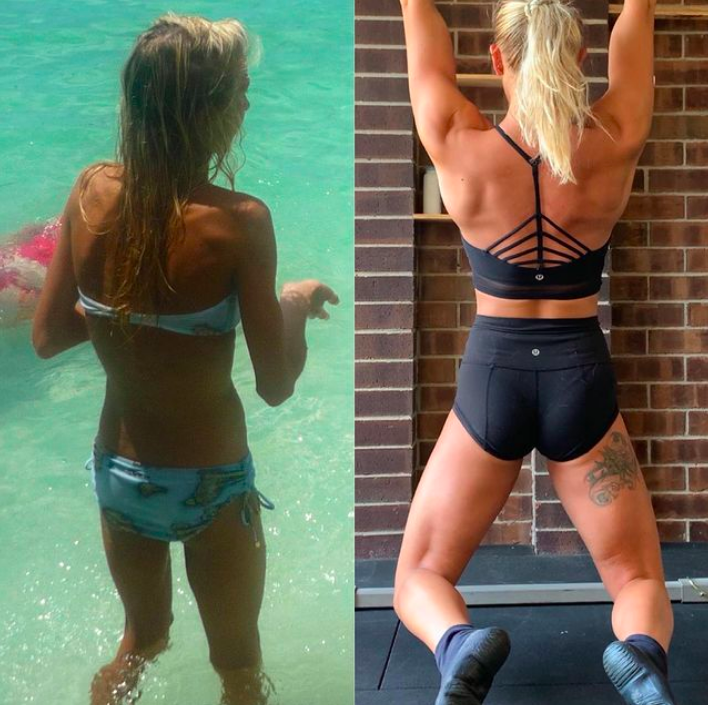
Your Fear Of Weight Gain Is Holding You Back
You want bigger glutes, you want more muscle tone, you want a bigger squat and you want to look like the fit girls and guys on the gram? There’s definitely a few factors feeding into why you haven’t yet achieved these things and one of those factors is very likely your intense aversion to weight gain.

Powerlifting, Plant-Based Diets & Macro-Tracking: Tips for Women Who Want to Lift Heavy & Eat Less Meat!
I was recently invited for a virtual interview with The Strength Dietitian, Valentina Duong — someone whom I admire immensely. We spoke about (as the name suggests) powerlifting, plant-based diets and macro tracking. She and I share many similar views on the role of nutrition in strength sports, recreational sports and maintaining a high quality of life. With her thought provoking questions, I really enjoyed this interview.

10 Things I've Learned In Five Years Of Vegetarianism
It’s five years this month since I started removing meat from my diet. Mind blowing to me. I do get asked a lot about my diet — how to go about cooking, socialising, training, getting enough protein, supplementing, etc. They are all great and important questions. In this article, I’ll go through some of the most valuable things I’ve learned in the last five years, relating to training, performance, body composition, health, creating change and not burdening everyone around you with god-forbid your ethics.
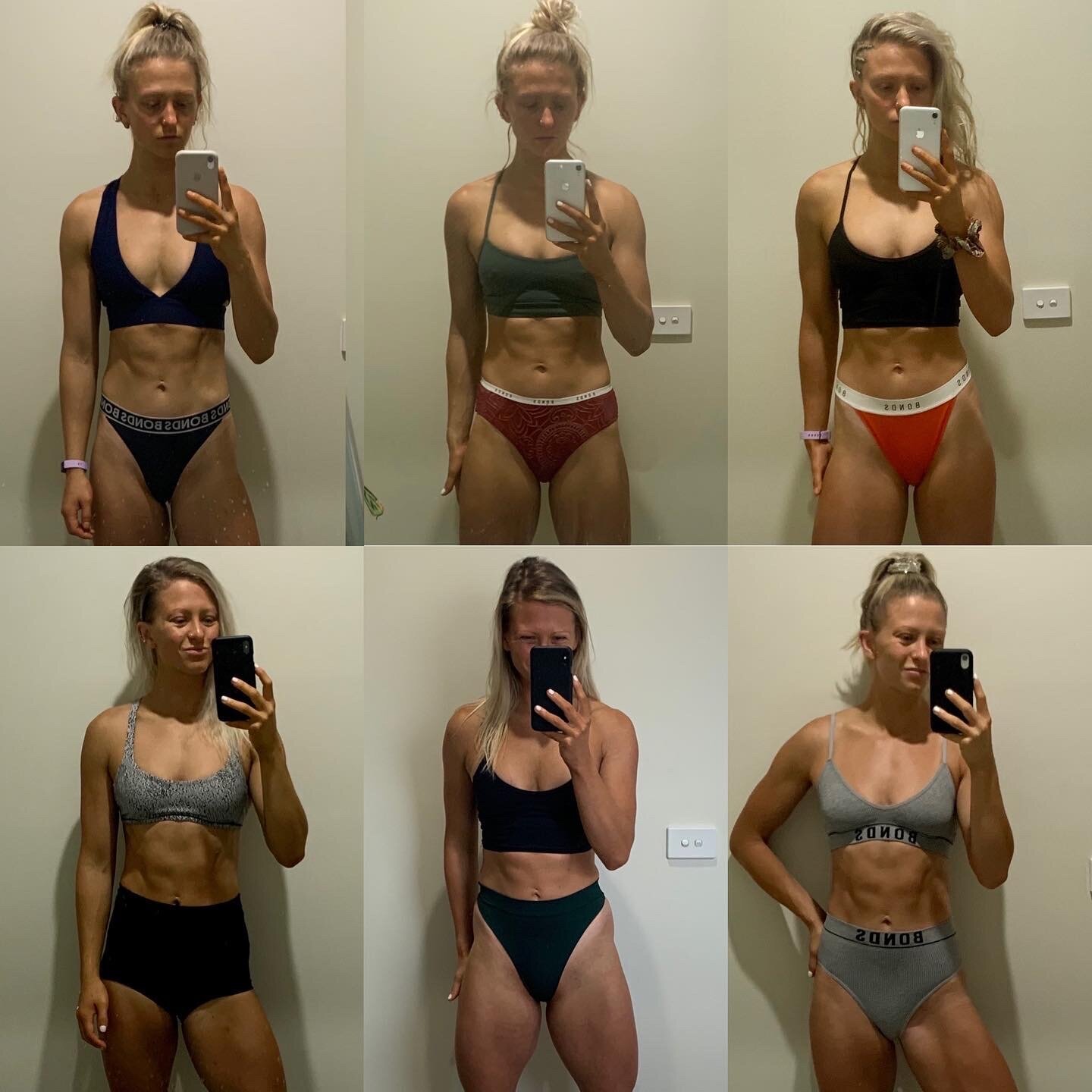
I Want To Build Muscle Without Gaining Fat...
Attempting to build muscle and drop fat at the same time is a pretty inefficient pursuit. So then, if you can’t do both at the same time, how can you at least build muscle without gaining fat?
In short, it’s still gonna be a damn inefficient pursuit, probably not worth pursuing.
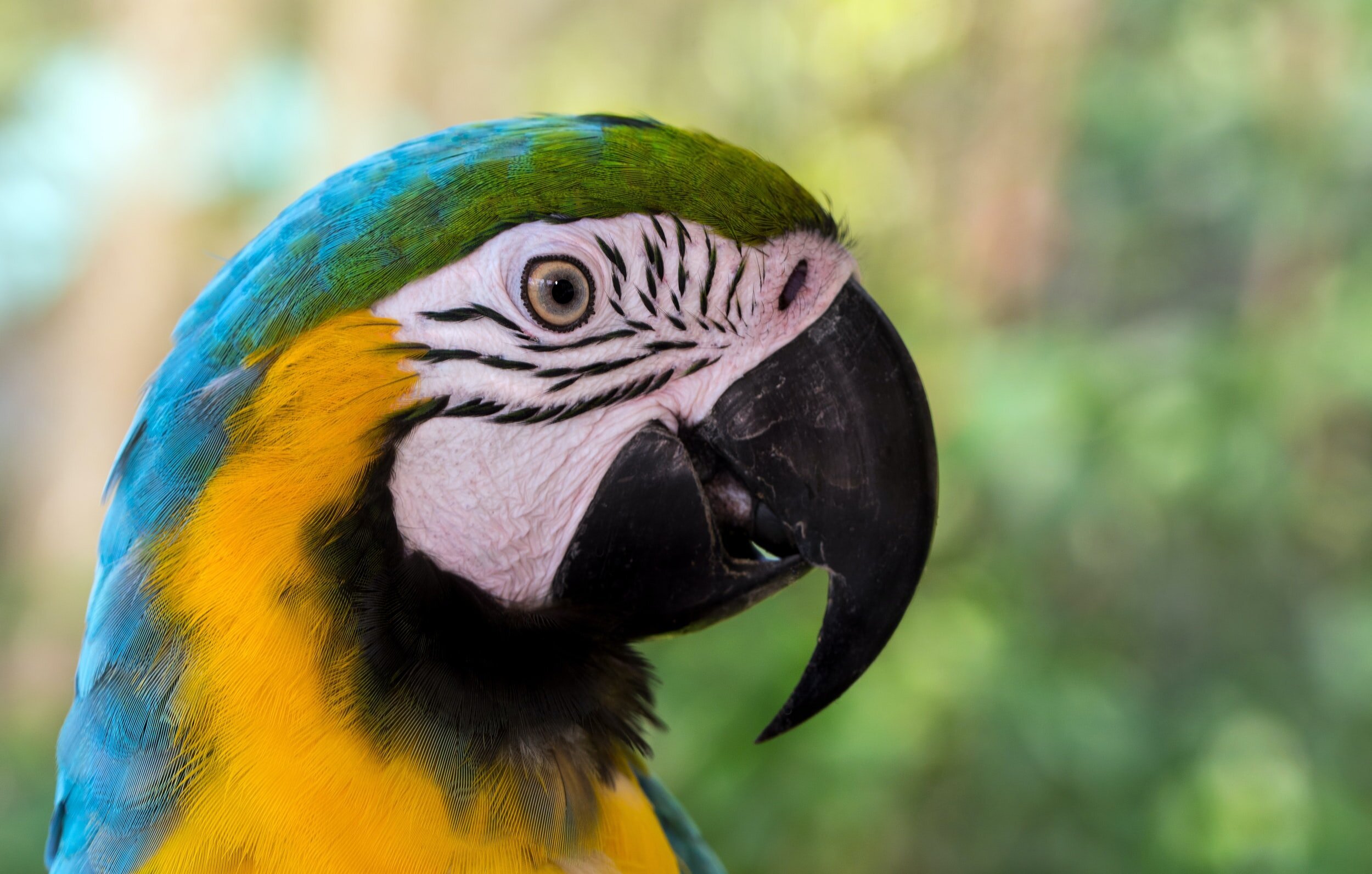
Plant Based Diet Hacks
I went grocery shopping with my best friend the other day. She watched the new David Attenborough documentary “A Life On Our Planet” recently and has since been reducing her meat consumption. I was talking her through each product as I threw it in my trolley, commenting on how much protein is in each and how I cook them or work them in to my day. She made the comment of “damn, you know all the hacks.” And on reflection, I fucking do. So here they are.

Trade Offs: You Can't Have Your Cake and Eat It Too
For every decision we make, there is an alternate decision we could have made but didn’t. When I choose to read at night, I am choosing not to watch Sex and the City. When I choose to train for 90 minutes in the arvo, I am choosing not to go to the beach. When I choose to compete in an ambitious weight class, I am choosing to forgo dessert for a few months in the lead up.
Similarly, when you make the decision to lose fat, get stronger or pursue any other health/fitness goal (or any goal!) there are trade offs that you will be required to make in order to be successful.
The problem that many people run in to, is that they are either unaware of the trade offs required of them, or they are not willing to make them, resulting in immense frustration when they think they are doing enough, but still aren’t seeing the desired amount of progress.
The solution? Read on.

Diet Tips
We can yell “calorie deficit” at the people til the cows come home, but along with the psychological component (which is way deeper than is given credit), weight manipulation is a skill. There are however, plenty of tips and tricks we can employ to make losing fat or building muscle easier for ourselves.
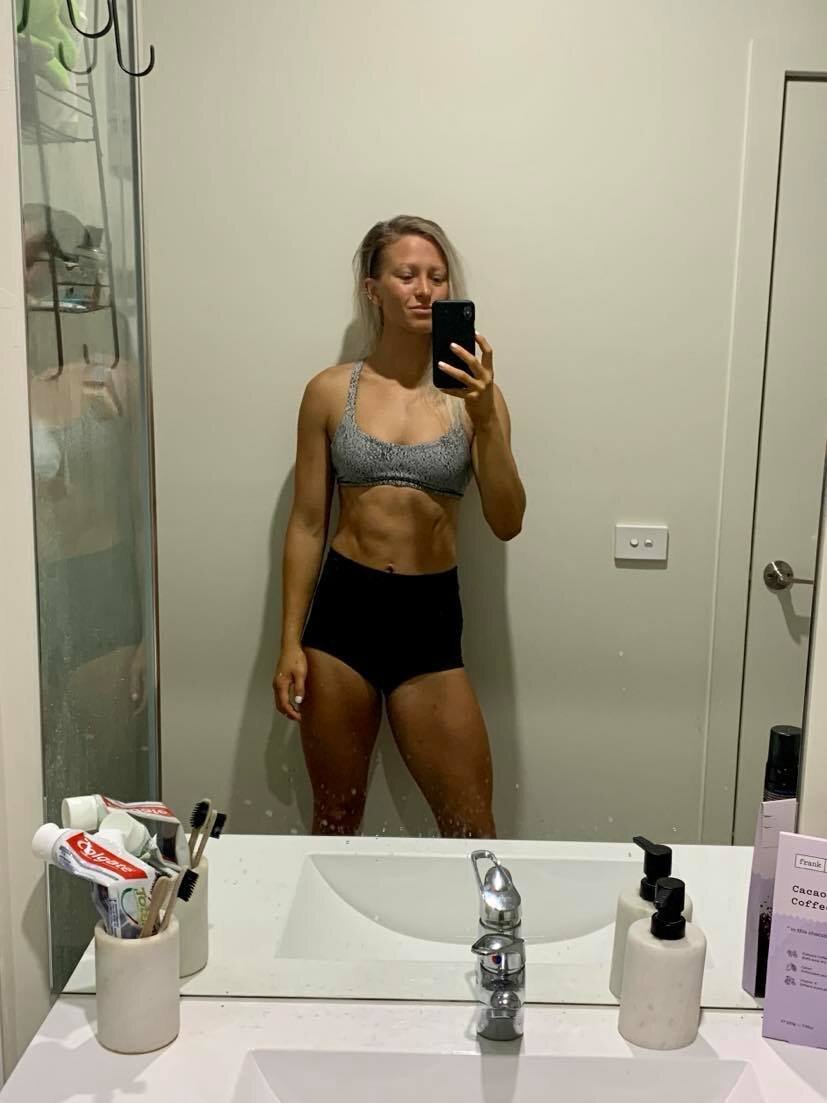
Metabolic Adaptation is F*cking with my Fat Loss - Now What?
In my last article, I spoke about the myth of “survival mode” and what is actually going on when you’re eating very little, but still not losing weight. But, the battle is not lost and there are certainly strategies we can employ to mitigate these effects and keep us moving towards our body composition goals.

Survival Mode Isn't a Thing
… but your body does change when you lose weight.
Way back when our ancestors had to hunt for their meals, food availability was unpredictable. Some times they caught dinner; some times they did not. Therefore, storing body fat was favourable, as it provided an energy source in times of famine, when dinner wasn’t being served up.
We don’t really need this in a first world food environment. We can access food pretty effortlessly [unless Karen has been panic buying] from the supermarket / our pantries whenever we damn well want — but try telling that to evolution.
So now, the human body has adapted mechanisms to prompt the storage of body fat, you know, just in case. These adaptations can throw a spanner in the works of our weight loss efforts, so it’s worth understanding what they are, how they happen and most importantly, what we can do about it.
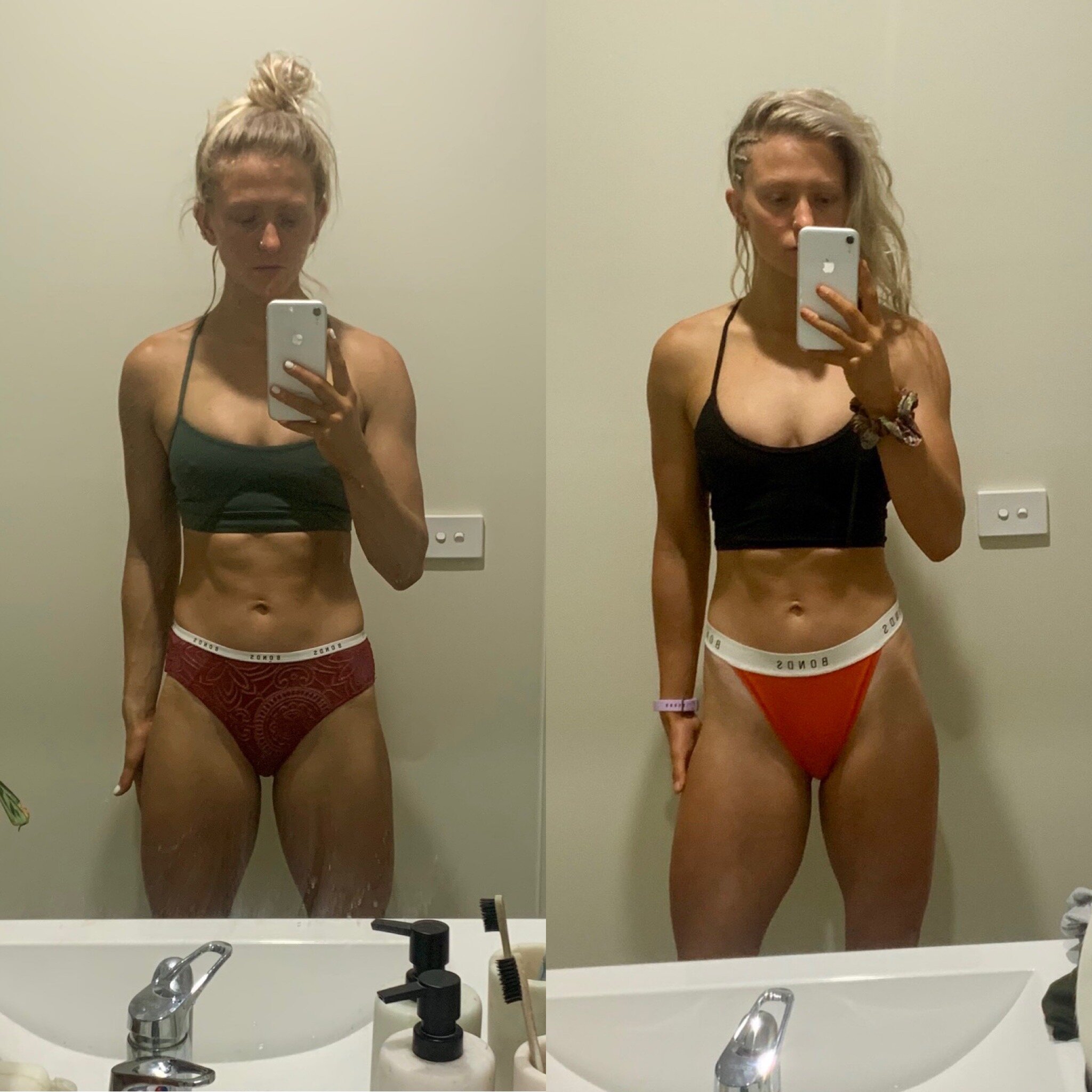
How Weight Loss Works
Many people that want to lose weight, don’t understand how. Many who have successfully lost weight, don’t understand how they did it. There are many methods by which to lose weight, any number of them can work, but the problem, and the ring a round, and the yo-yoing stems largely from a lack of understanding of the principles that govern weight loss.
![Tracking Your Macros [Accurately]](https://images.squarespace-cdn.com/content/v1/62fb3bfe41f3053b73c1217e/1662630792313-VPYP9UB6QAZA2TSP502D/image-asset.jpeg)
Tracking Your Macros [Accurately]
Macro tracking is not the be all end all holy grail of weight management. But it is a really powerful tool when used correctly. When being mindful about the data you enter, you are able to develop quite a thorough understanding of the nutritional value of the various foods that you eat. This practiced over a period of time will enable you to make informed food choices for the rest of your life, long after you stop using the app.
If you are relatively new to tracking your macros or have never really been shown how to use a macro tracking app such as MyFitnessPal effectively, the following article will provide you with some helpful practices that you can apply right away to improve the accuracy of your tracked data and ultimately your success with any nutrition intervention going forward.

The Scale Is A Tool - You’ve Got To Know How to Use It.
The humble body weight scale cops a lot of criticism. I completely agree that it is far from a perfect tool and is limited in it’s utility. However, it does provide immensely valuable data. The problem that most people run in to that causes them to slam the scales and decide that they are useless is that the user does not know how to interpret the data that the scale provides.

